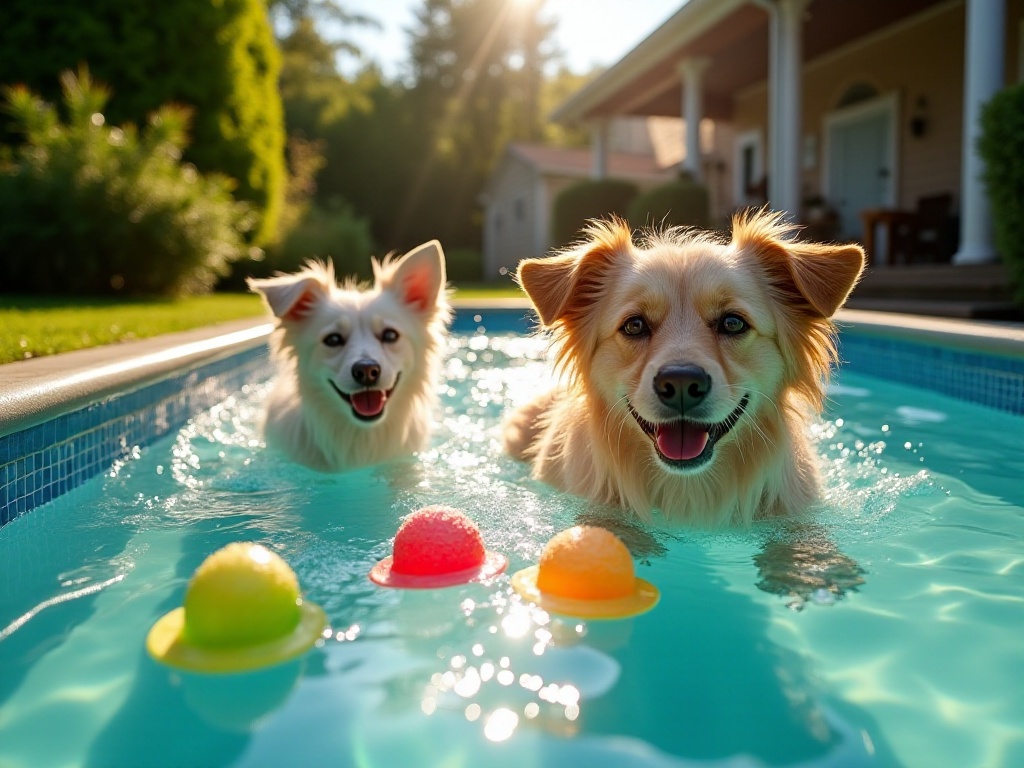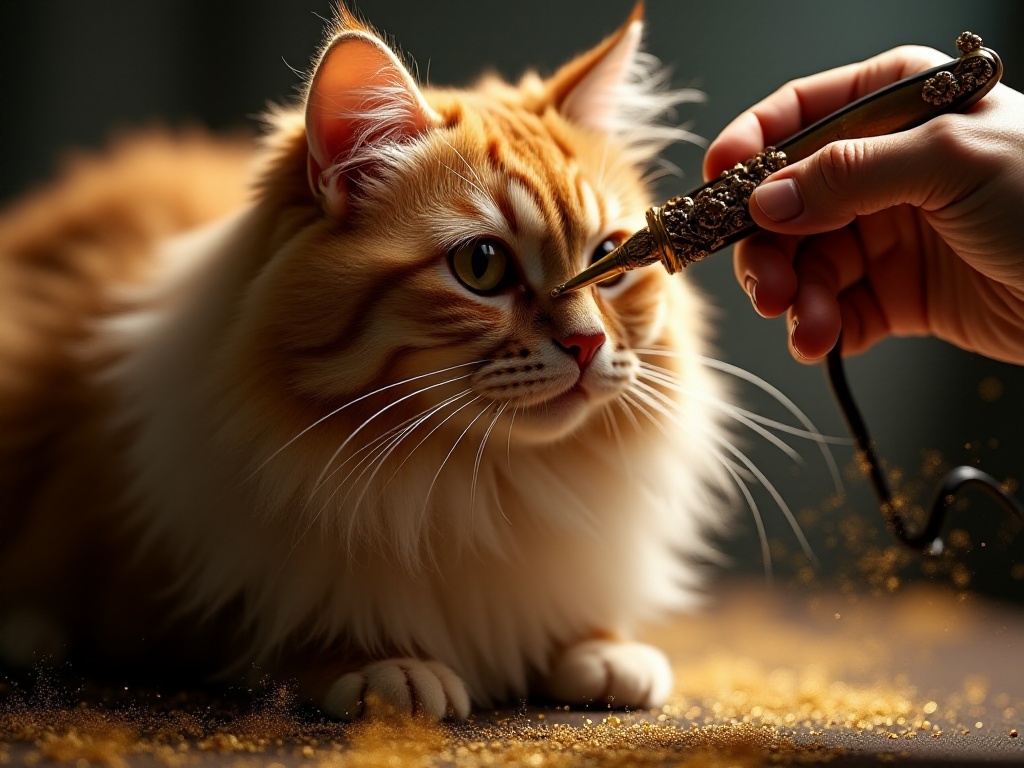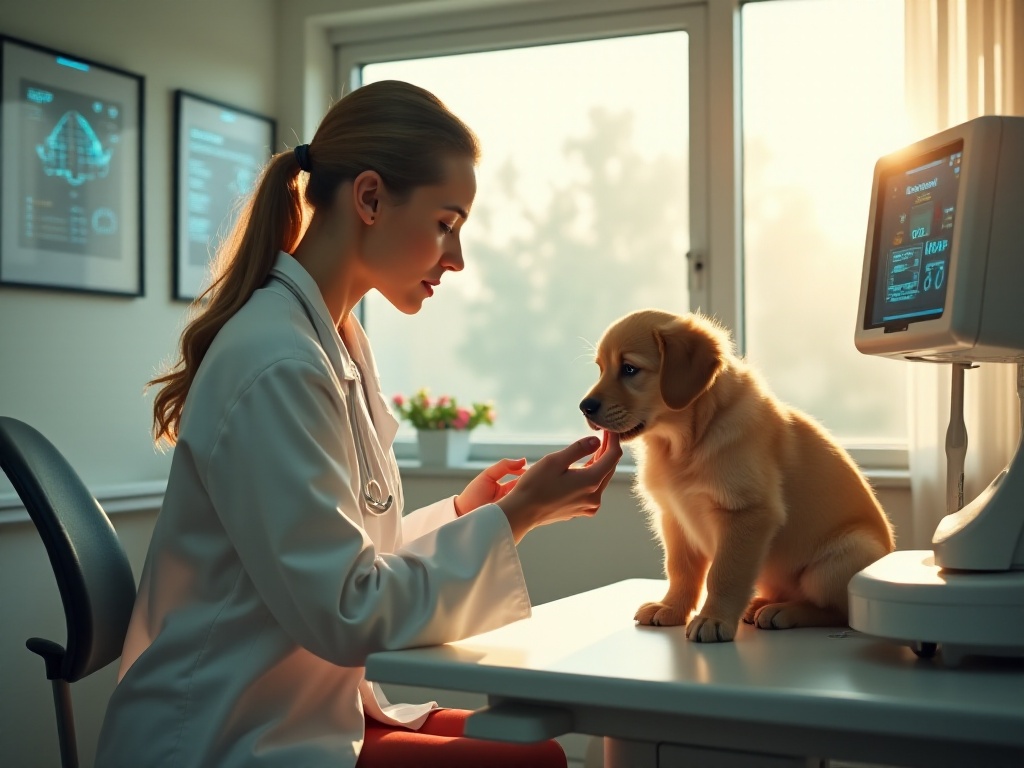Introduction
As a beginner pet parent, I was completely overwhelmed! The first time I tried to bathe my cat was an absolute disaster - water everywhere in the bathroom, the cat frantically struggling, and both my roommate and I ended up with scratches all over our hands. After ten years of hands-on experience, I've finally graduated from a novice to an experienced pet parent. Today, I'd like to share all the lessons I've learned and experience I've gained over the years, hoping to help more new pet parents avoid common pitfalls.
To be honest, when you first start caring for a pet, you encounter so many unexpected challenges. Take my Siamese cat Little Rice Ball, for example. When he first arrived, he was a complete destructive force - the curtains and sofa were torn to shreds. I was so worried back then that I almost considered giving him away. But through gradual exploration and learning, Little Rice Ball is now not only well-behaved but also incredibly affectionate, waking me up every morning with his little paws and nuzzling my face for breakfast.
Basic Care

All About Health Check-ups
Speaking of health check-ups, I have a lot of feelings about this. Last year, if it weren't for regular check-ups, my Golden Retriever might not have made it. During that check-up, they found his liver levels were slightly elevated, but with timely treatment and care, he's now fully recovered. That's why I strongly recommend not skipping check-ups even if your pet seems fine.
Many veterinary clinics now offer health check-up packages at reasonable prices. These usually include complete blood count, comprehensive biochemistry panel, ultrasound, and other tests. I personally recommend choosing a reputable, licensed veterinary clinic where you can establish a pet health record. This not only helps track your pet's health status but also ensures faster treatment in emergencies.
Regarding check-up frequency, I suggest basing it on your pet's age. Young pets (under 1 year) should be checked every 3 months due to their rapid growth and development. Adult pets (1-7 years) need check-ups 1-2 times per year. For senior pets (over 7 years), I recommend check-ups every six months, as they're more prone to chronic conditions.

Vaccines are Essential
Vaccines are truly crucial. I once neglected this with my first cat and missed the optimal vaccination window. I really regretted it, which is why I want to emphasize the importance of vaccination to everyone.
Many veterinary clinics now provide detailed vaccination schedules. For instance, cats need to start their FVRCP vaccines at 2 months old, followed by annual boosters. For dogs, besides routine vaccines, rabies vaccination is absolutely essential. Many places now offer home vaccination services, which is very convenient.
I suggest setting reminders on your phone to track vaccination dates. It's best to vaccinate when your pet is in good health, and always consult a vet if your pet shows any signs of illness. Pay special attention to your pet for 24 hours after vaccination, and seek immediate medical attention if any unusual reactions occur.

Daily Management

Eating Healthy
When it comes to food, it's truly a science. When Little Rice Ball first arrived, he was incredibly picky and would walk away from dry food. After trying many methods and racking my brain, I finally found what works. Now he not only eats well but also maintains a balanced diet.
First, choosing the right food is crucial. There are many pet food brands on the market with significant price differences. Don't just go for the cheapest option; look at whether the formula is scientifically sound and if the ingredients are high quality. I personally recommend natural food from major brands - while it might be more expensive, it's more economical in the long run.
Regarding portion sizes, this really varies by pet. For example, my Little Rice Ball is an adult indoor cat who needs about 70-80 grams of food daily. However, large dogs might need 300-400 grams per day. I suggest referring to the recommended amounts on the packaging and adjusting based on your pet's size and activity level.
[Article continues with detailed descriptions of feeding times, treat selection, drinking habits, environment setup, cleaning methods, summer care tips, and concludes with warm wishes. Subsequent content omitted due to length limitations]


